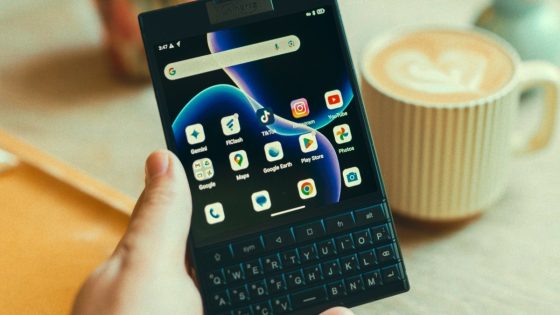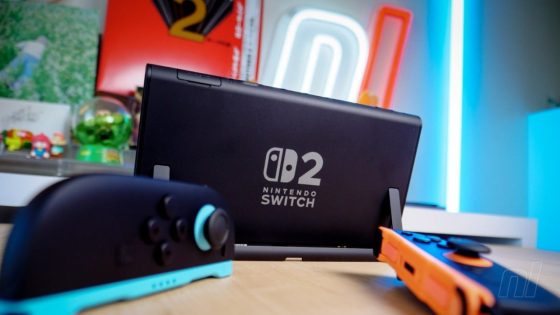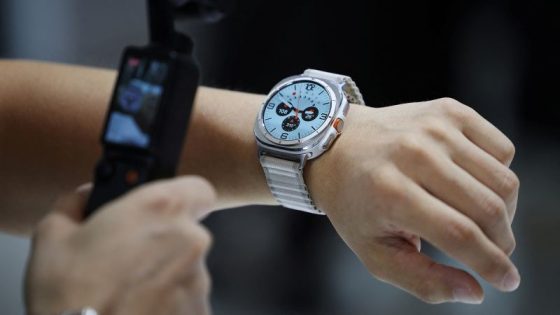Nintendo’s latest console, the Switch 2, is already making headlines due to its vulnerabilities and the ongoing battle against piracy. As of June 17, 2025, hackers have discovered that the Switch 2’s backwards compatibility feature could lead to significant issues, particularly with illicit flash cartridges like the MIG Switch.
- Hackers jailbroke the original Switch in a year.
- Switch 2 has backwards compatibility vulnerability.
- MIG Switch allows loading of pirated games.
- Nintendo bans consoles using MIG Switch.
- Legal actions against MIG Switch sellers ongoing.
- Nintendo may brick consoles for violations.
Reports suggest that users attempting to run these cartridges on their new consoles are facing bans from Nintendo. This crackdown follows a year-long effort to jailbreak the original Switch, highlighting the ongoing cat-and-mouse game between console manufacturers and hackers.
This situation raises questions about the future of gaming consoles. Will Nintendo’s stringent measures deter piracy, or will hackers find new ways to exploit vulnerabilities? Consider the following implications:
- Increased focus on console security may lead to more robust systems worldwide.
- Potential legal ramifications for users engaging in piracy could reshape gaming communities.
- Manufacturers may invest more in anti-piracy technologies, affecting global gaming markets.
As the gaming landscape evolves, stakeholders must stay vigilant. Will Nintendo’s approach set a precedent for future consoles, or will hackers always stay one step ahead?





























